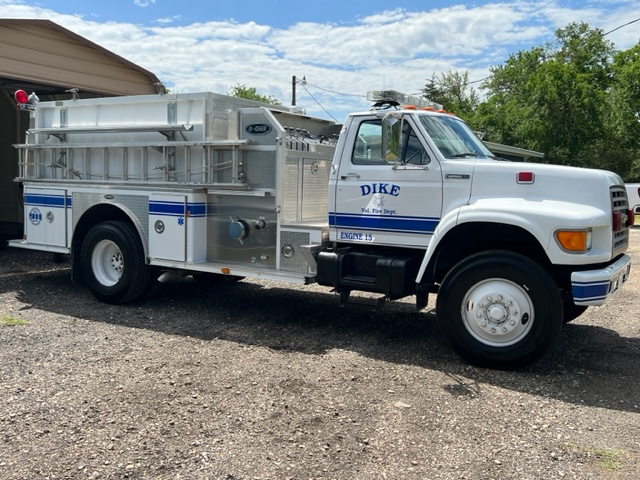Designated Emergency Infant Care Provider – Baby Moses Law
What is the “Baby Moses Law?”
The “Baby Moses Law” is the common name of a law authorizing a designated emergency infant care provider to take possession of a child appearing to be 60-days-old or younger from the child’s parent, if the parent does not express intent to return for the child. You can find this law in the Texas Family Code, Chapter 262, Subchapter D. Emergency Possession of Certain Abandoned Children.
This law encourages parents who abandon their children to do so with a designated emergency infant care provider rather than at a dangerous location. The law also protects parents from criminal prosecution when they deliver an unharmed child to a designated emergency infant care provider.
Frequently Asked Questions
How does the law work?
Any parent may voluntarily deliver a child 60 days old or younger to a designated emergency infant care provider when the parent does not express intent to return for the child.
What is a designated emergency infant care provider?
A child-placing agency licensed by the Texas Health and Human Services Commission can be a designated emergency infant care provider if the CPA:
- Agrees to act as a designated emergency infant care provider; and
- Has on staff a person who is licensed as a registered nurse under Chapter 301, Occupations Code, or who provides emergency medical services under Chapter 773, Health and Safety Code, and who will examine and provide emergency medical services to a child taken into possession by the agency.
What are the responsibilities of a designated CPA emergency infant care provider?
A designated CPA emergency infant care provider must:
- Post a notice in a prominent location that:
- The CPA is a designated emergency infant care provider; and
- It will accept children 60-days-old or younger who are voluntarily delivered by the child’s parent, if the parent does not express an intent to return for the child.
- Use prudent judgment to protect the physical health and safety of the child until DFPS takes possession of the child.
- Assess the child for injury or illness.
- Immediately contact your registered nurse or person who provides emergency medical services to evaluate the medical needs of the child.
- Follow through with recommendations for medical treatment.
- Notify DFPS of the possession of the child no later than the close of the first business day after the date the provider takes possession of the child.
- Provide the child’s medical history or any other pertinent information to DFPS.
What do the responsibilities of a designated CPA emergency infant care provider not include?
A designated CPA emergency infant care provider has no legal duty to:
- Detain or pursue the parent and may not do so unless the child appears to have been abused or neglected.
- Determine the parent’s identity. However, the provider may give the parent a form for voluntary disclosure of the child’s medical facts and history.






